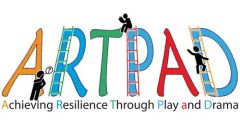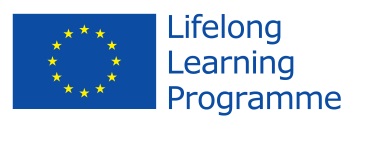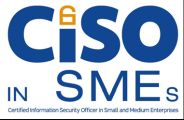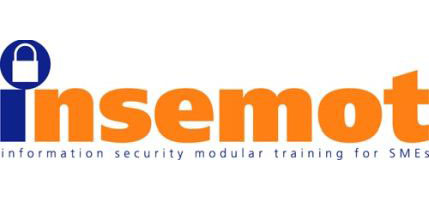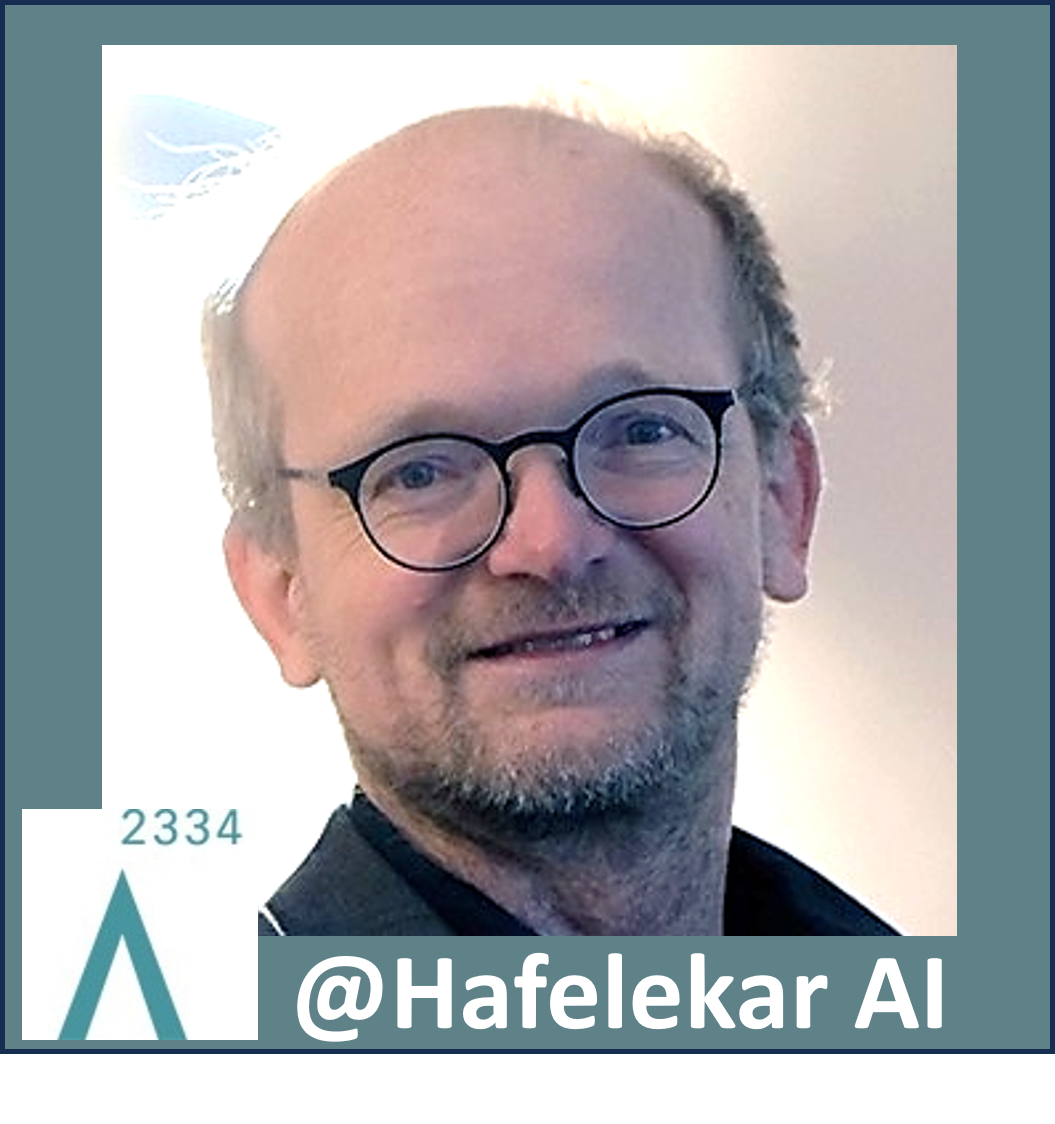Startseite » training » Page 3
Achieving Resilience Through Play and Drama
ARTPAD (Achieving Resilience Through Play and Drama) is a three year Erasmus+, partnership (5 countries) lead by Playwork Partnerships and by the Drama team at the University of Gloucestershire.
ARTPAD aims to support the engagement and resilience of participants from disadvantaged backgrounds in formal and non–formal education to help prevent early school leaving. The 5 project partners will work co-operatively to disseminate, develop and extend the expertise and international reach of their practice. ARTPAD covers three complimentary aspects:
- Understanding resilience and children’s development and behaviour through Play.
- Drama techniques for engagement with learning
- Drama and Play to build social understanding and behaviour
Project duration:
September 2015 till August 2018
Web
Homepage: www.artpadproject.eu
Facebook: www.facebook.com/ARTPADProjectEu/
Twitter: twitter.com/ARTPADproject
Project Partners
Hafelekar Unternehmensberatung (Austria)
University of Gloucestershire (England)
Rogers Foundation for Person-Centred Education (Hungary)
University of Gdansk (Poland)
UWEZO (Germany)
This project has been funded with support from the European Commission. This communication reflects the views only of the author, and the Commission cannot be held responsible for any use which may be made of the information contained therein.
Volunteers in Playwork
The aim of Viper is to transfer a volunteer training course to improve the quality and reach of vocational education and training for adults thinking about working with children. Through collaboration the Consortium will incorporate EU best practice to support children’s play across Europe and transfer this training programme and volunteering model to become an EU recognised training course. The envisaged impact is the unique provision of an accredited EU training resource which will result in a more competent, knowledgeable, better trained, and coordinated volunteer play workforce across Europe, and increased levels of active citizenship and volunteering.
The project had three main aims:
- To adapt, develop and blend a play training course for volunteers which aims to support learners in gaining skills to improve their chances of employment through the acquisition of social and civic competences.
- To support training providers and organizations with the resources and training to deliver ‘Volunteers in Play – a route to employment’ course. The course will provide interactive educational resources. The course content will be available in the respective languages of all involved countries.
- To support learners to access volunteering opportunities within the childcare and out of school childcare sector, further to undertaking the ‘Volunteer in Play’ course.
Project duration
October 2013 till September 2015
Web
Hompage: www.viperproject.eu (not active, copy from Internet Archive web.archive.org)
Project Partners
Hafelekar Unternehmensberatung – Austria
University of Gloucestershire – England
Tokium Networks – Portugal
CESIE (Centro Studi ed Iniziative Europeo) – Italy
Roger SzemélyközpontúOktatásértAlapítvány – Hungary
Palacký University Olomouc, Faculty of Physical Culture – Czech Republic
Dumlupinar University Kutahya Vocational High School of Social Science – Turkey
This project has been funded with support from the European Commission. This communication reflects the views only of the author, and the Commission cannot be held responsible for any use which may be made of the information contained therein.
Colonisation and Decolonisation in National History Culture
The project CoDec (Colonisation and Decolonisation in National History Cultures and Memory Politics in European Perspective) deals with several important research issues and approaches towards history cultures and memory politics in Europe:
- studying the reappraisal of the colonial past and processes of decolonisation in different European states in a comparative perspective and in cooperation with the European project partners
- studying the way of teaching the topic in the partner states in history education and the question of the impact and importance of colonial pasts on history cultures and memory politics today
- discussing in how far national memory cultures of colonialism and decolonisation can be implemented into a collective European frame, in the context of the idea that the colonial past is a connecting as well as a dividing moment in European history.
Phases and projects of de-centralisation in history education and widening historic views beyond national constraints enable students to become aware of cultural diversity and to recognise and estimate it accordingly. In the encounter with other times and historically different worlds there is the chance of looking at the own history with a new awareness and to respect the other as a legitimate variant. In general, a closer cooperation between science and didactics is highly important.
Results
- Teaching modules, published in print and in digital versions, incl. introductions and lesson plans plus new sources, translated into English, German and French
- Innovative conferences as a means of further teacher training, which will be attended by participants from all stages of teacher education
Project duration
October 2013 until September 2015
Web
Homepage: www.uni-siegen.de/codec-eu/
Project Partners
This project has been funded with support from the European Commission. This communication reflects the views only of the author, and the Commission cannot be held responsible for any use which may be made of the information contained therein.
Certified Information Security Officer in SMEs!
Fast development of IT makes Information Security Issue a growing challenge for Small and Mediums companies (SMEs). more and more important in the world. Big companies have enough resources to invest in Information Security, while SMEs don not have much support in this area.
That’s why creating state of the art IS blended learning training course is important to meet the demand for such knowledge tailored to the needs of SMEs. For quality assurancethe training curriculum and blended learning tools will be certified with VCC. The course is a combination of face-to-face workshops and online.learning to provide utmost flexibility for the participants.
Results
- Development of the e-learning platform, tools and online assessment for tutors
- Transfer Vocational Certification System certifying competences of both trainers and trainees.
- Pilot trainings in Poland, Greece and Bulgaria
- Lomg-term improvement of competitiveness of companies through Know How in Information Security
Project duration
October 2013 till September 2015
Web
Homepage: cisoinsmes.syntea.pl
Project partners
Hafelekar Unternehmensberatung – Innsbruck (Austria)
Syntea S.A. – Lublin (Poland)
CONFORM Consulenza Formazione e Management S.c.a.r.l. – Avellino (Italy)
IDEC S.A. – Piraeus (Greece)
Association Generations – Sofia (Bulgaria)
INNOVACION DESARROLLO Y NUEVAS TECNOLOGIAS S.l – Albacete (Spain)
This project has been funded with support from the European Commission. This communication reflects the views only of the author, and the Commission cannot be held responsible for any use which may be made of the information contained therein.
Multicultural Interdisciplinary Handbook
This project centers on learning history and geography in a multicultural perspective. This is achieved through the development and sharing of a set of tools that includes a HandBook, Digital Modules and a Teacher Training Course. They will offer a structured path through European Contemporary History and Geography where the countries concerned will be those of the Project partners.
Aims
- Further develope of a common European identity by having schools participate in the culture of other countries using their languages and their collective symbolic imagery
- Contribute to the creation of a new generation of school handbooks and ICT-based contents that can support teachers involved in CLIL (Content and Language Integrated Learning) experiences, or who are simply interested in them
- Implementation of digital educational contents in schools
Results
- A HandBook and Digital Materials, which deal with a choice of historical and geographical topics, selected among those that have had an important impact in the national imagery in the last two centuries. The final version of HandBook and Digital Modules will be available in all the languages of the partner countries.
- A Teacher Training Course addressed to both future and in-service teachers. The training develops the topics dealt by the HandBook and explains its methodology and issues.
Projekt duration
October 2009 till November 2011
Web
Homepage: www.mihproject.eu
Project Partners
Information Security Modular Training for SME
The general aim of this project is to provide owners of SMEs/MEs and their staff with understandable and efficient information and a modular training on Information Security (IS) in order to meet their obligations under the terms of the legislation and to ensure their compliance. The cross-border development of IS activities is important, as several rights and approaches in the EU vary considerably in terms of privacy, data-security, consumer rights and liabilities.
Therefore we offer:
- a multi-national information and training portal, aiming to facilitate an enriched and speeded-up learning process by sharing, structuring and modelling a huge critical mass of informal expertise and tacit knowledge, e.g. to develop the understanding of legislation concerning data protection throughout the EU with focus on the 6 partner countries and our defined target groups.
- a tailored blended learning program in the field of IS for SMEs/MEs and their employees, address the demand-supply mismatch identified, clarify their specific needs and to encourage them to adopt better and more advanced security services. The concrete outcome will be a modular training of about 40 training units: we plan 16 classroom units & 24 e-learning/self-study units in order to provide the target group with a flexible but efficient way of learning, which is not too time consuming.
Project duration
October 2011 till September 2013
Web
Homepage: www.insemot.eu (not active, copy from Internet Archive web.archive.org)
Project Partners
Hafelekar Unternehmensberatung – Innsbruck (Austria) – Coordination
VIA ALTA a.s – Trebitsch (Czech Republic)
Handwerkskammer Münster – Münster (Germany)
Centro Europeo de Empresas e Innovación – Albacete (Spain)
Innovacion Desarrollo Y Nuevas Tecnologias S.l – Albacete (Spain)
Dun Laoghaire-Rathdown County Enterprise Board – Dublin (Ireland)
CONFORM-Consorzio Formazione Manageriale – Avellino (Italy)
MOTIVES – Measuring Organisational Training: Illustrating Value, Economic and Social
This project was initiated to motivate SMEs to implement and invest in training for the workplace (particularly for low skill workers).
The Partnership is developing a web based training evaluation toolkit, which aims to show employers the social and economic value of training outcomes and impacts. This toolkit is underpinned by the European Common Quality Framework (ECQF) and the Social Return on Investment (SROI) models.
The core partnership consists of 6 organisations representing five countries, Ireland, Austria, Hungary, Italy and Germany The project has developed a strong partnership with European organisations the majority of whom are engaged in working with employers in supporting VET provision to the needs of the labour market. The partnership therefore has a remit to publicise the project results within their professional networks.
Results
- Research report indicating the national and European context
- Evaluation toolkit and associated web framework with programmed reporting application for measuring the social and economic return on investment from training for SMEs
- Training module for practitioners and associated training pack
- Scientific report illustrating the key findings from the pilot of toolkit
Project duration
October 2010 till September 2012
Project Partners
- Hafelekar Unternehmensberatung (Austria)
- Ballymum Job Centre – Dublin (Ireland)
- ANTARES s.r.l. – Rom (Italy)
- Heves Megyei Kereskedelmi és Iparkamara – Erlau (Hungary)
- Euregio Qualifizierungs- und Technologieforum – Ahaus (Germany)
- Institute for the Development of Employee Advancement Services – Dublin (Ireland)
- Stadt Münster (Germany)
leadership development
The DUKTUS group develops, manufactures and markets high-quality systems for the transport of water and the deep foundation of constructions – made of ductile cast iron. We had the opportunity to assist DUKTUS and to set up and implement a comprehensive approach to leadership development.
Leadership development, with the following topics:
- Hafelekar took over the overall design and organization of training sessions.
- The Board has been actively involved in the initial phase of the project.
- In the implementation phase 8 days of outdoor training were conducted which were found – by all participants – to be particularly successful.
- In addition to management seminars, individual coaching sessions were conducted.
- For the Executive Update specific recommendations were developed and presented in a group-wide final event.
Client
Duktus
Project duration
June 2009 till February 2010
Enhancing Vocational Language Skills and Working Culture Awareness of European Construction Professionals
The aim of EVLAC project was to develop new learning materials that focus on the construction industry and that refer to everyday work issues and to working mentalities in Turkey, Greece, Austria and Great Britain. The main focus was on learning and teaching methods for Turkish, Greek, German and English language. Target groups of the project are mainly construction industry professionals, civil engineers, architects as well as students of these areas of studies.
The main task of the participating organisations of the project was the collection of audio, audio/visual and written authentic materials regarding the construction industry (culture) and the presentation in a digital media format. In order to disseminate the results a website was developed during the project to pass the material on to the target groups. In the long run, this project should not only enhance language skills, but also raise awareness of working cultures in the European construction industry.
Results
- Development of a language course dealing with construction industry in four languages (Turkish, Greek, German and English)
- Publication of language course on DVD and online
Project duration
December 2007 till November 2009
Project Partners
Language Competence for Nurses
The idea of the project is to create an elementary self-study multimedia language course to develop English, German, Italian and Spanish language skills for nurses. The course is made for nurses, trainees and other participants of the health care sector who are interested in learning those languages and/or who prepare for working abroad in this sector. On the one hand participants will improve their language skills particularly regarding professional vocabulary; on the other hand they get to know the health care systems in the respective country.
Within the scope of this project, language courses for self-study are developed on an E-learning plattform and on CD-ROMs, specially designed for the needs of nursing staff. The focus lies particularly on technical terms and colloquial language necessary for this professional group in performing its daily duties. The course responds to the special requirements and conditions of health care and nursing practice of respective countries with course materials, designed at an A1/A2 level. The core in-put materials are all video-based or rely on visual presentations, with a special emphasis put on practising pronunciation and intonation.
Results
- Development of a 60 hours multi media course on a self study basis for the following languages: English, German, Spanish, Italian from basic to intermediate language level
- Release of the language courses on CD-ROM and online
Project duration
November 2006 until October 2008
Project Partners
